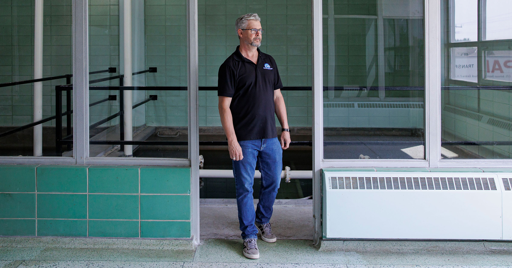No one said it would be easy. Start doing it anyway.
Have we stopped the global production of PFAS? It is non-biogradable and thus cumulative in the environment and due to earth’s natural hydrological cycle, it doesn’t respect borders.
Filtering our drinking water while not banning it entirely and leading the charge to a global ban is just whistling past the graveyard.
Banning the production of all PFAS will take time. There are no alternatives to Teflon in many contexts, and many medical devices would simply not work if not for Teflon. A hard and immediate end to PFAS production would be devastating for medical care. It’s a bit of a damned if you do, damned if you don’t situation.
True, but medical devices are probably very very minor sources of pollution compared to textiles and firefighting foam. 80/20 rule is a clear step forward. Let’s not artificially invent uneccessary arguments to stall progress.
I’m all for phasing out PFAS, especially in textiles. I want the firefighting foam gone too, now that effective alternatives have been developed. I apologize if I misunderstood your intent. I just read this as calling for all complete and immediate halt to all PFAS production, which includes Teflon and its manufacturing aids:
while not banning it entirely and leading the charge to a global ban
Complete, yes, eventually. Immediate, yes, now would be great.
The irony is, teflon is used extensively in water treatment and plumbing as well.
We are going to need that medical care… On account of all the cancer.
Sorry we’re too busy preventing you from having your own home, we can’t squeeze in not poisoning you.
They’re also too busy handing over our private data to the US
https://www.eff.org/deeplinks/2025/07/canadas-bill-c-2-opens-floodgates-us-surveillance
While that’s awful that’s not really a municipal issue like housing and water treatment.
wow, thank you for spreading the word
Yes it’s difficult. That’s why it’s a federal mandate. Otherwise I’d do it myself in my kitchen. Wtf Trash writing is this?
Wonder how many decades they are gonna waffle on that.
Those chemicals are not easy to remove, especially compared to traditional water treatments. New solutions need to be developed or a new, uncontaminated source found for some areas. Reverse osmosis could probably reduce the toxic chemicals, but reverse osmosis is expesnive to install and operate and very energy intensive. Getting the toxic chemicals out is easier said than done.
There are ways that we can currently do it, not putting an imperfect system in where there currently is none is waffling. How long till we see imperfect implemented to mitigate?
I’m not touching on cost or complexities as I don’t think that would be useful in this particular conversation.
Cost is an important factor. Someone has to pay for installation, maintenance etc. It needs to be clear how much is going to fall on municipalities, provinces, and feds to tackle this issue. Dumping all the costs on a municipality is unreasonable.
A partial solution could be something like a rebate for in home RO installations for drinking and cooking water. This tackles the biggest health concern while only treating a small fraction of the total water a city pumps.
Like I said we don’t need those sorts of details when there is only the smell of a plan.



